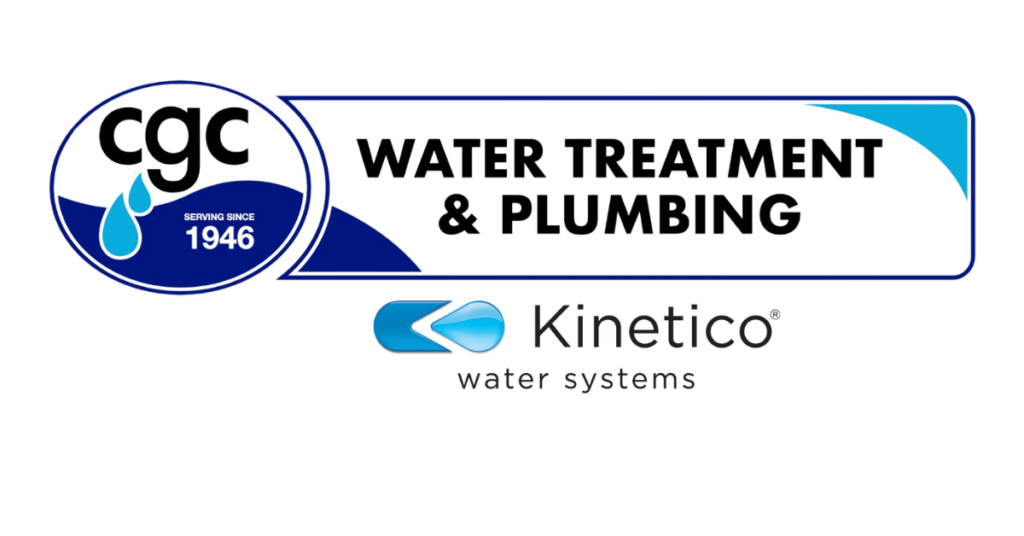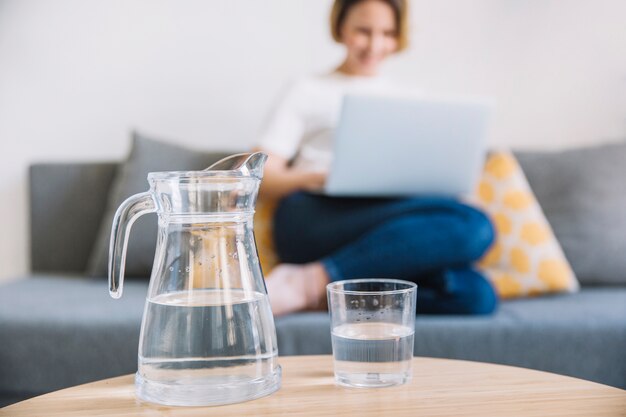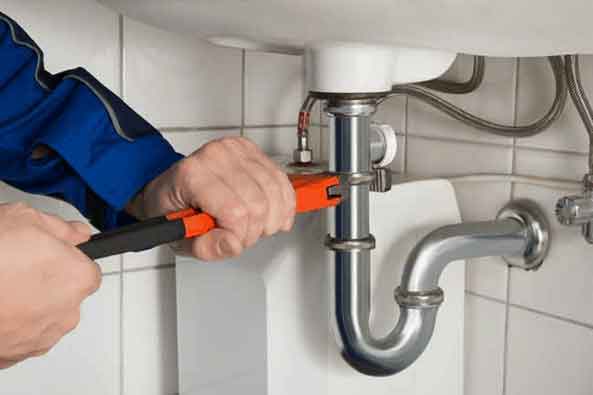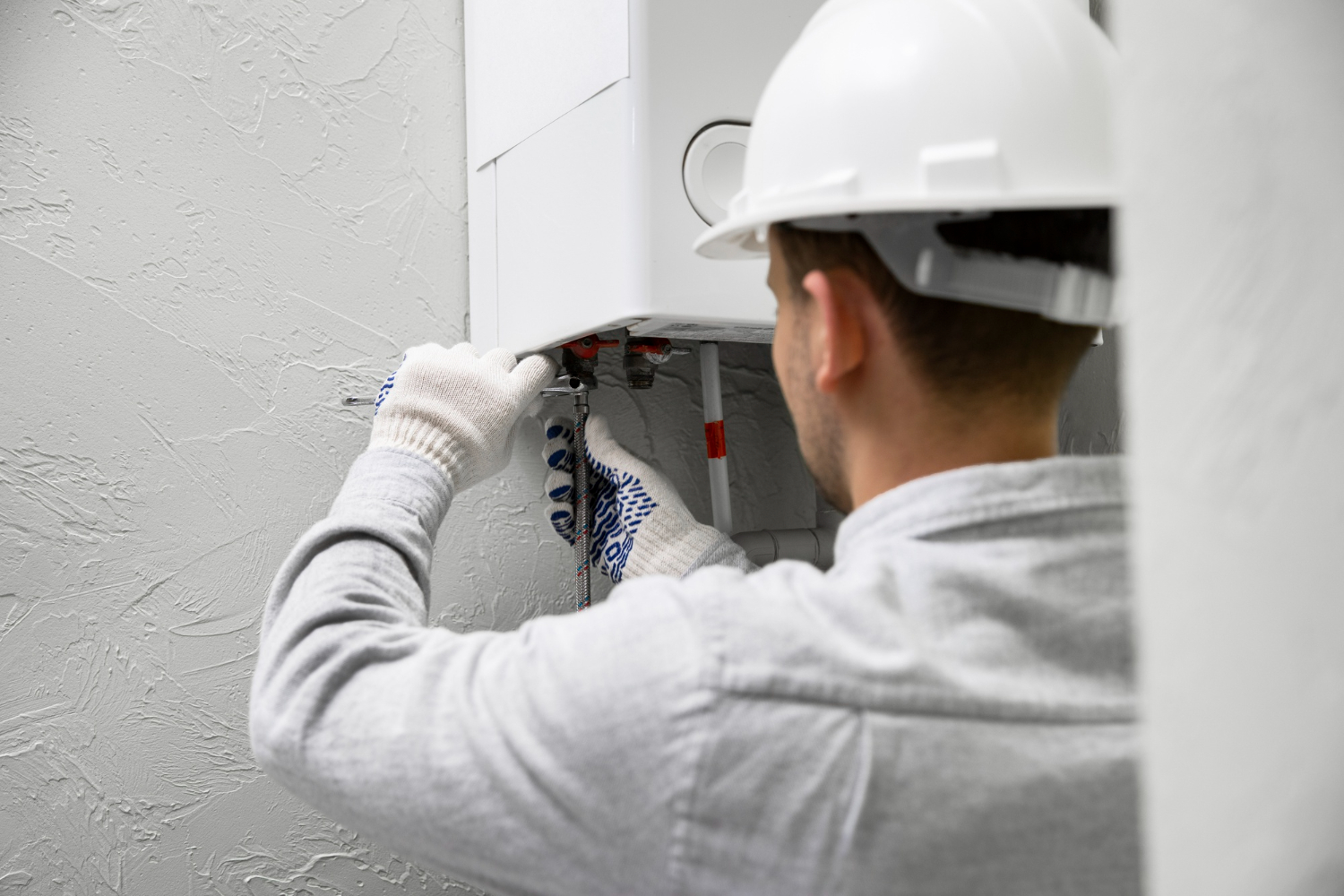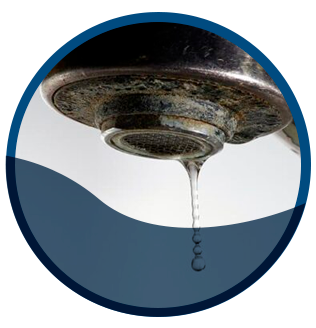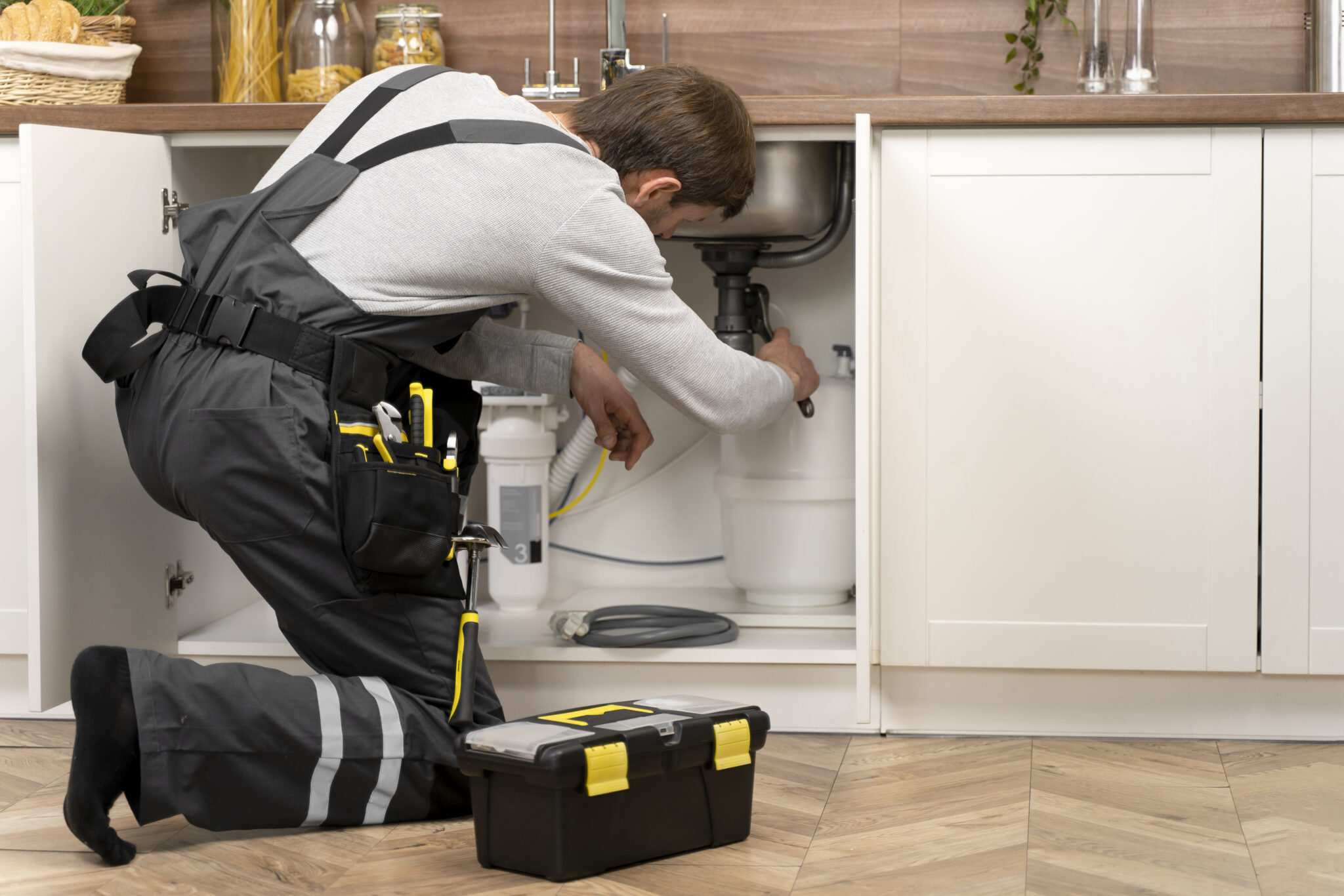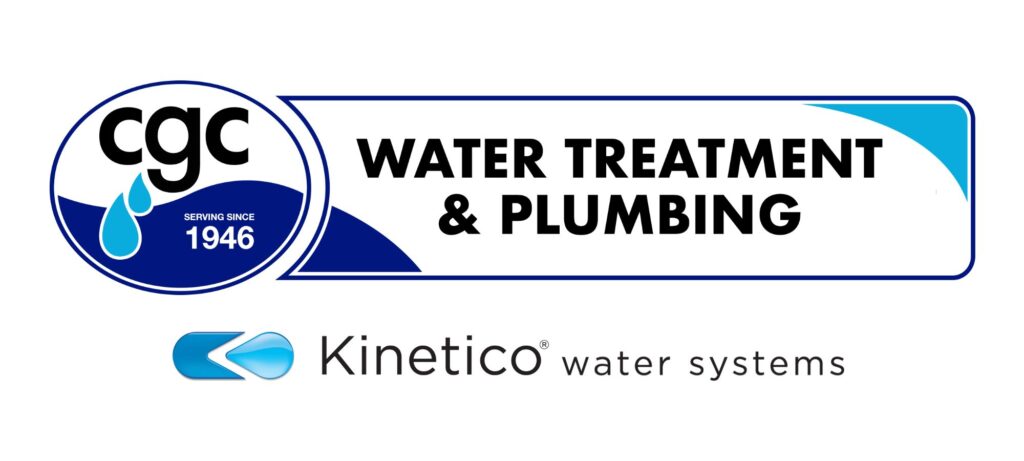When the weather turns colder, your home’s plumbing and water quality systems require attention. The winter weather affects your plumbing and water system, causing problems like frozen pipes and hard water issues. Let’s understand in greater detail how cold weather impacts your plumbing.
The Impact of Cold Weather on Plumbing
During the winter season, one of the biggest problems that occur in plumbing is frozen pipes. When temperatures drop below freezing, the water inside your pipes also freezes and expands. This can result in issues like cracked and burst pipes, which can cause serious water damage and costly repairs. Pipes in areas such as basements, attics and small spaces are particularly vulnerable and prone to such issues.
Hard Water Issues Worsen in Winter
Winters typically worsen hard water problems, as minerals like calcium and magnesium that are present in hard water cause build-up inside pipes and appliances. When temperatures drop below zero, water becomes less effective at dissolving these minerals, causing them to build up more quickly and leading to scaling in your pipes, water heaters and electrical appliances. This scaling restricts water flow, reduces efficiency and leads to blockages.
Hard water also puts more strain on electrical appliances like water heaters and washing machines, causing them to work harder and consume more energy. Over time, this can result in increased energy bills and reduce the lifespan of your appliances. Hard water can also cause soap scum to build-up on your dishes, sinks, showers and other bathroom surfaces. It can even leave your skin feeling dry and irritated and hair feeling rough and dull.
Tips for Winterizing Your Plumbing
Here are some tips to keep your plumbing in excellent shape during winter:
1. Insulate Your Pipes – You can use foam sleeves or heat tape on pipes in areas that are prone to freezing like basements, attics and garages.
2. Seal Gaps and Cracks – Look out for any gaps near windows and doors that could let in cold air. Sealing these cracks helps prevent freezing in your pipes.
3. Keep the Heat On – Even when you are not at home, you should not turn off your heating completely. Keep your thermostat set to at least 55°F to prevent your pipes from freezing.
4. Let Faucets Drip – On nights that are extremely cold, keep a bucket below the faucet and let it drip to keep water moving and reduce the chances of freezing.
How a Water Treatment System Can Help
A water treatment system, such as a water softener, can help reduce the effects of hard water, especially during the winter months. These advanced systems remove excess minerals from your water, protecting your pipes and water heater and lowering your energy bills by making appliances run more efficiently.
Invest in a high-quality water treatment system today by contacting CGC Water. Our skilled team will assist you in choosing the right water system for your home based on your specific water needs. Get in touch with our Plumbing Company in Ann Arbor, MI to elevate your home’s water quality.ty.
